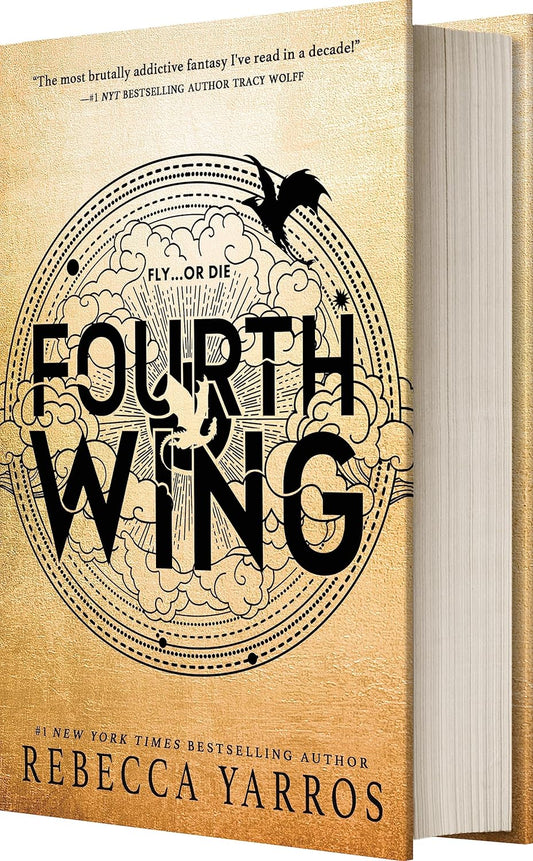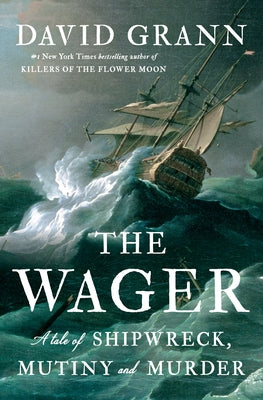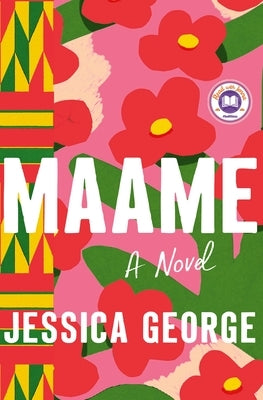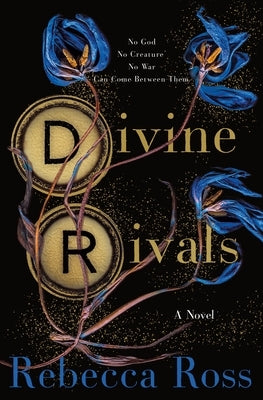Reference
Find essential reference books at our online bookstore, including pocket reference books and guides for book and textbook citation. Explore must-read and best-selling titles that provide valuable information and tools for research and study.
-
God's Agenda: Past, Present, and FutureGod reveals to us His plan of why He created the Universe and why He created you. He reveals to us that we were created to be His servants.He tells us why Satan rebelled against God and what he did to mankind. Satan captured...
- HK$110.47
- HK$110.47
- Unit price
- per
-
Heal Thyself: An Explanation of the Real Cause and Cure of DiseaseHeal Thyself is a fascinating vintage book on self healing by British doctor and homeopath Edward Bach. Within it, Bach endeavours to guide the reader to the 'real' causes and cures of disease, helping them understand how to seek within themselves to determine the...
- HK$309.39
- HK$309.39
- Unit price
- per
-
Badass Affirmations: The Wit and Wisdom of Wild WomenEven a badass needs positive affirmations. No one leaps out of bed knowing they're amazing and about to have an incredible day. We find ourselves rushing around, working hard to please others--and often we find ourselves making everyone happy but our own damn selves....
- HK$283.62
- HK$283.62
- Unit price
- per
-
Whispers from Within: Collection of Life Changing Messages to Help Light Your PathThis book Whispers from Within contains short stories and poems to help you navigate through life, to bring you to your own attention, to help light your path; and to awaken you to your own consciousness.Author: Efosa ElumaPublisher: Xlibris UsPublished: 10/20/2022Pages: 134Binding Type: HardcoverWeight:...
- HK$320.47
- HK$320.47
- Unit price
- per
-
Dr. Helman's Evidence-Based Guide to Nutrition and Survival: Questions & Answers for Your Own HealthThis common-sense guide introduces the reader to principles of preventive medicine, nutrition and lifestyle, and then focuses on specific areas of learning: carbohydrates, protein, fat, the gut microbiome and fiber, assessing fluid intake, vitamin and mineral supplementation, limiting flavor enhancers, exercise, reading labels, avoiding...
- HK$818.05
- HK$818.05
- Unit price
- per
-
Would You Rather Game Book Family Game Night Edition: Try Not To Laugh Challenge with 200 Hilarious Questions, Silly Scenarios, and 50 Funny Bonus TriGet your family off their phone and into the moment, laughing and having fun every step of the way!Would You Rather Game Book Family Game Night Edition is the perfect companion to any family game night bonding with the family!The whole challenge of trying...
- HK$294.11
- HK$294.11
- Unit price
- per
-
Handbook of Historical Animal StudiesThe handbook provides a comprehensive evaluation of approaches, topics and research areas of the rapidly developing field of Historical Animal Studies. The so called 'animal turn' specifically inspired new takes on writing history. This upsurge in research has led to immense amounts of new...
- HK$483.52
- HK$483.52
- Unit price
- per
-
Consumer Behavior and Attitude Towards Organic ProductsThe tean "Organic- can be broadly described as food grown without the assistance of man-made chemicals. Organic food is produced by farmers who emphasize the use of renewable resources and the conservation of soil and water to enhance envirnnmental quality for future generation. Organic...
- HK$387.01
- HK$387.01
- Unit price
- per
-
Drive Fast Don't Stop - Book 13: Los Angeles and Palm Springs: Los Angeles and Palm SpringsDrive Fast Don't Stop is a photo archive organized by theme. Book 13 focuses on Los Angeles and Palm Springs, California (September 2022).Author: Drive Fast Don't StopPublisher: BlurbPublished: 11/10/2022Pages: 66Binding Type: PaperbackWeight: 0.21lbsSize: 8.00h x 5.00w x 0.18dISBN: 9798211924239
- HK$187.94
- HK$187.94
- Unit price
- per
-
Infirmière Florence(R), Comment entendons-nous les choses?Parfois, il semble que seule une infirmier(ère) peut apporter des informations techniques qu'une personne ordinaire peut comprendre. La série de livres Infirmière Florence(R) fournit des informations médicales de haute qualité que même un enfant peut saisir. En initiant les jeunes enfants à la terminologie...
- HK$422.74
- HK$422.74
- Unit price
- per
-
Boss: The Handbook for Anyone Who Has a Boss or Anyone Who Would Like to Be a BossAre you having boss trouble? Perhaps you just want to know how to impress your boss? Are you confused on how to approach your boss? Or are you interested in becoming a boss? Whatever the case, this handbook is for you. Maybe you are...
- HK$320.13
- HK$320.13
- Unit price
- per
-
Charleston - The Cubby 2023 Long Weekend GuideA complete guide for everything you need to experience a great Long Weekend in Charleston. When Charles Pinckney, signer of the Declaration of Independence, was asked sarcastically where Charleston was, he replied, "Why, Sir, it is where the Ashley and the Cooper rivers meet...
- HK$250.42
- HK$250.42
- Unit price
- per
-
Bougainvilleas PROTECTION: With Their Messages Revealed by The MotherMother gave a 'General Significance' to many flowering plants with a wide colour range and She at times noted on Her commentary for a particular significance, toute les couleurs (all the colours) or 'all the double colours', etc., yet often She gave a name...
- HK$276.30
- HK$276.30
- Unit price
- per
-
Italian Wines 2023Author: Gambero RossoPublisher: Gambero RossoPublished: 03/21/2023Pages: 1072Binding Type: PaperbackISBN: 9788866412632
- HK$398.09
- HK$398.09
- Unit price
- per
-
Man and His MigrationsMan and His Migrations, has been considered an important book throughout the human history. So that this work is never forgotten we have made efforts in its preservation by republishing this book in a modern format for present and future generations. The whole book...
- HK$224.94
- HK$224.94
- Unit price
- per
-
Hungarian Heritage: Vintage Family PhotosIn 1956, the Kocsis family arrived in the United States via Project Safe Haven. My grandfather Matyas was 26 and his wife, Marta, 23. In tow were my father, who was 6 months old, and his brother, 3 years of age. Shortly after their...
- HK$399.46
- HK$399.46
- Unit price
- per
-
Avoiding Homeowner Wars: A Comprehensive Guide for Successful HOA GovernanceAvoiding Homeowner Wars, a resource guide brimming with practical information, advice, and real-world "war" stories, helps return sanity, organization, and calm to common interest communities. Not only will this book help resolve neighborhood conflicts as painlessly as possible-it will help avoid conflict (and unnecessary...
- HK$454.96
- HK$454.96
- Unit price
- per
-
Columella: On Agriculturde[THE COMPLETE TEXT] to Columella's De Agricola, written during the second half of the first century of our era, is our most complete surviving account of ancient Greek and Roman farming. He is throughly versed in the writings of his predecessors and contemporaries and...
- HK$437.63
- HK$437.63
- Unit price
- per
-
Oracle Database 12c Release 2 Performance Tuning Tips & TechniquesPublisher's Note: Products purchased from Third Party sellers are not guaranteed by the publisher for quality, authenticity, or access to any online entitlements included with the product.Proven Database Optimization Solutions―Fully Updated for Oracle Database 12c Release 2Systematically identify and eliminate database performance problems with...
- HK$851.34
- HK$851.34
- Unit price
- per
-
How to Write and Give a Speech: A Practical Guide for Anyone Who Has to Make Every Word CountWith more than 65,000 copies sold in two editions and recommendations from Forbes and U.S. News & World Report, this time-tested how-to guide offers sound advice on every aspect of researching, writing, and delivering an effective speech. Filled with anecdotes, tips, examples, and practical...
- HK$232.02
- HK$232.02
- Unit price
- per











































